How Norway became an electric vehicle pioneer
Early adoption, incentives and political consistency have helped Scandinavian nation race ahead
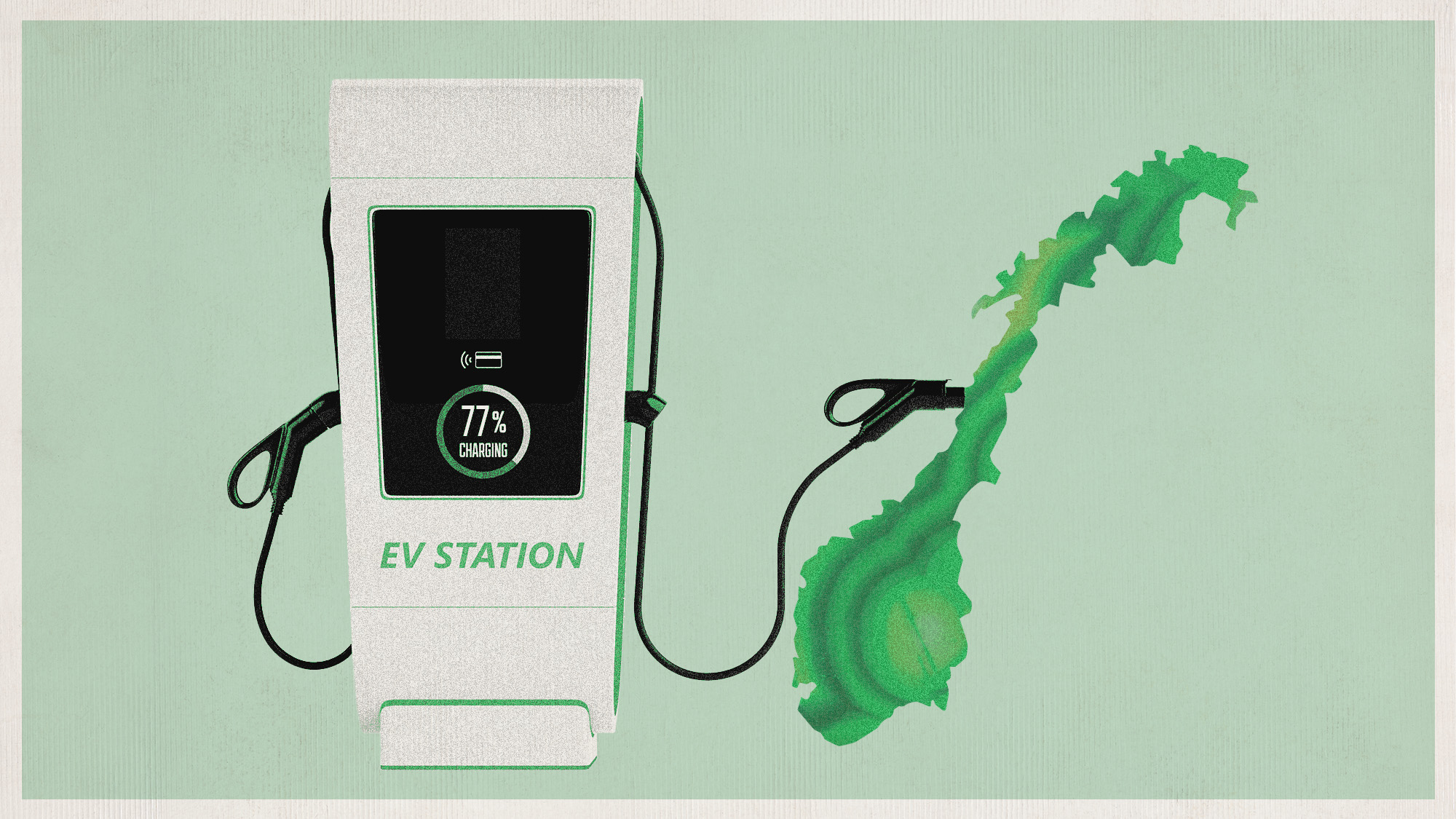
A free daily email with the biggest news stories of the day – and the best features from TheWeek.com
You are now subscribed
Your newsletter sign-up was successful
Norway has cemented its reign as a leader in electric vehicle purchases with nine out of 10 new cars sold in Norway last year being powered by electricity.
The Scandinavian nation is "leagues ahead" in the “electric car race", said Quartz, and has "become the poster child" for the transition to EVs, said DW.
Green and robust
As far back as the 1990s, Norway set out to manufacture EVs and, although "early attempts" had "limited commercial success", they "fostered public awareness and acceptance of electromobility", said the outlet.
The Week
Escape your echo chamber. Get the facts behind the news, plus analysis from multiple perspectives.

Sign up for The Week's Free Newsletters
From our morning news briefing to a weekly Good News Newsletter, get the best of The Week delivered directly to your inbox.
From our morning news briefing to a weekly Good News Newsletter, get the best of The Week delivered directly to your inbox.
Norway's "remarkable commitment" to fighting climate change has been "driven by strong government policies, robust infrastructure, and a supportive public". Its "wealth and size" played a part in its "EV success" – it has a population of 5.5 million and is one of the world's richest nations, thanks to substantial oil and gas reserves, ironically.
Norway "penalises" petrol and diesel cars with "high taxes", said Reuters, and exempts EVs from import and value-added taxes to "make them more attractive", although "some levies" were reintroduced in 2023. EVs have been exempt from road tolls and parking fees and were allowed to use bus lanes in and around the capital, Oslo.
The approach has worked because it has been "consistent over time" and maintained by governments of "various political persuasion", said the outlet, in contrast to other countries where "someone puts tax incentives or exemptions and then they pull back again," said Christina Bu, head of the Norwegian EV association.
Offering incentives, rather than banning petrol and diesel cars, has also helped, said the outlet, and another advantage is that Norway "does not have an automaker lobby". Norway's power grid is "one of the greenest and most robust in the world", said DW, and usually produces a "surplus of energy", which helped ease the home charging of EVs.
A free daily email with the biggest news stories of the day – and the best features from TheWeek.com
Ambitious goal
Norway has set a target for all cars sold to be zero-emission vehicles by the end of 2025, a milestone that would put it a decade ahead of the European Union, of which it is not a member.
But "reaching that ambitious goal" will "likely be a difficult task", said Quartz. Øyvind Solberg Thorsen, from the Norwegian Road Federation, said that "the figures and the increase in share show that the last few percentages" to meet the 2025 target may be "difficult to achieve".
While nearly all new buyers of cars in Norway have gone electric, "some hold-outs remain", noted Reuters, particularly among rental companies, which prefer to use cars that are familiar for tourists.
Chas Newkey-Burden has been part of The Week Digital team for more than a decade and a journalist for 25 years, starting out on the irreverent football weekly 90 Minutes, before moving to lifestyle magazines Loaded and Attitude. He was a columnist for The Big Issue and landed a world exclusive with David Beckham that became the weekly magazine’s bestselling issue. He now writes regularly for The Guardian, The Telegraph, The Independent, Metro, FourFourTwo and the i new site. He is also the author of a number of non-fiction books.
-
 Political cartoons for February 16
Political cartoons for February 16Cartoons Monday’s political cartoons include President's Day, a valentine from the Epstein files, and more
-
 Regent Hong Kong: a tranquil haven with a prime waterfront spot
Regent Hong Kong: a tranquil haven with a prime waterfront spotThe Week Recommends The trendy hotel recently underwent an extensive two-year revamp
-
 The problem with diagnosing profound autism
The problem with diagnosing profound autismThe Explainer Experts are reconsidering the idea of autism as a spectrum, which could impact diagnoses and policy making for the condition
-
 Are car headlights too bright?
Are car headlights too bright?The Explainer 82% of UK drivers concerned about being ‘dazzled’ as LED bulbs become more common
-
 Helsinki's year of zero road fatalities
Helsinki's year of zero road fatalitiesUnder the Radar Finland's 'Vision Zero' safety strategy 'shifts responsibility for crashes from road users to the designers of the road system'
-
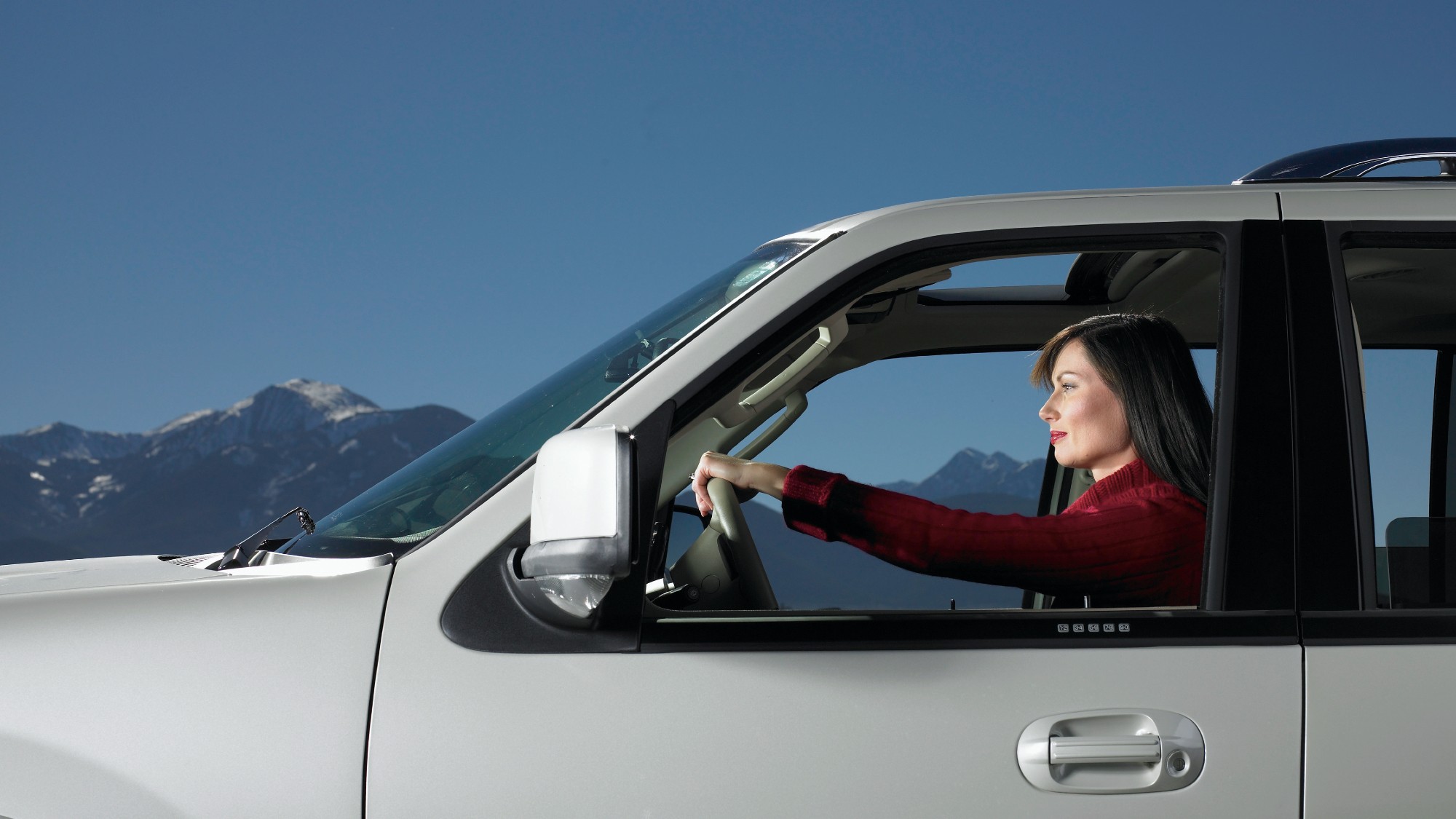 Why are feds cracking down on SUVs and big trucks?
Why are feds cracking down on SUVs and big trucks?Today's Big Question Pedestrian deaths have risen sharply since 2009
-
 Why 2024 is a bad year for air accidents
Why 2024 is a bad year for air accidentsUnder The Radar Turbulence, 'poorly made' aircraft and climate change have been blamed for a string of incidents
-
 How turbulence will change air travel
How turbulence will change air travelUnder The Radar Ban on children sitting on laps among a raft of changes as turbulence expected to rise
-
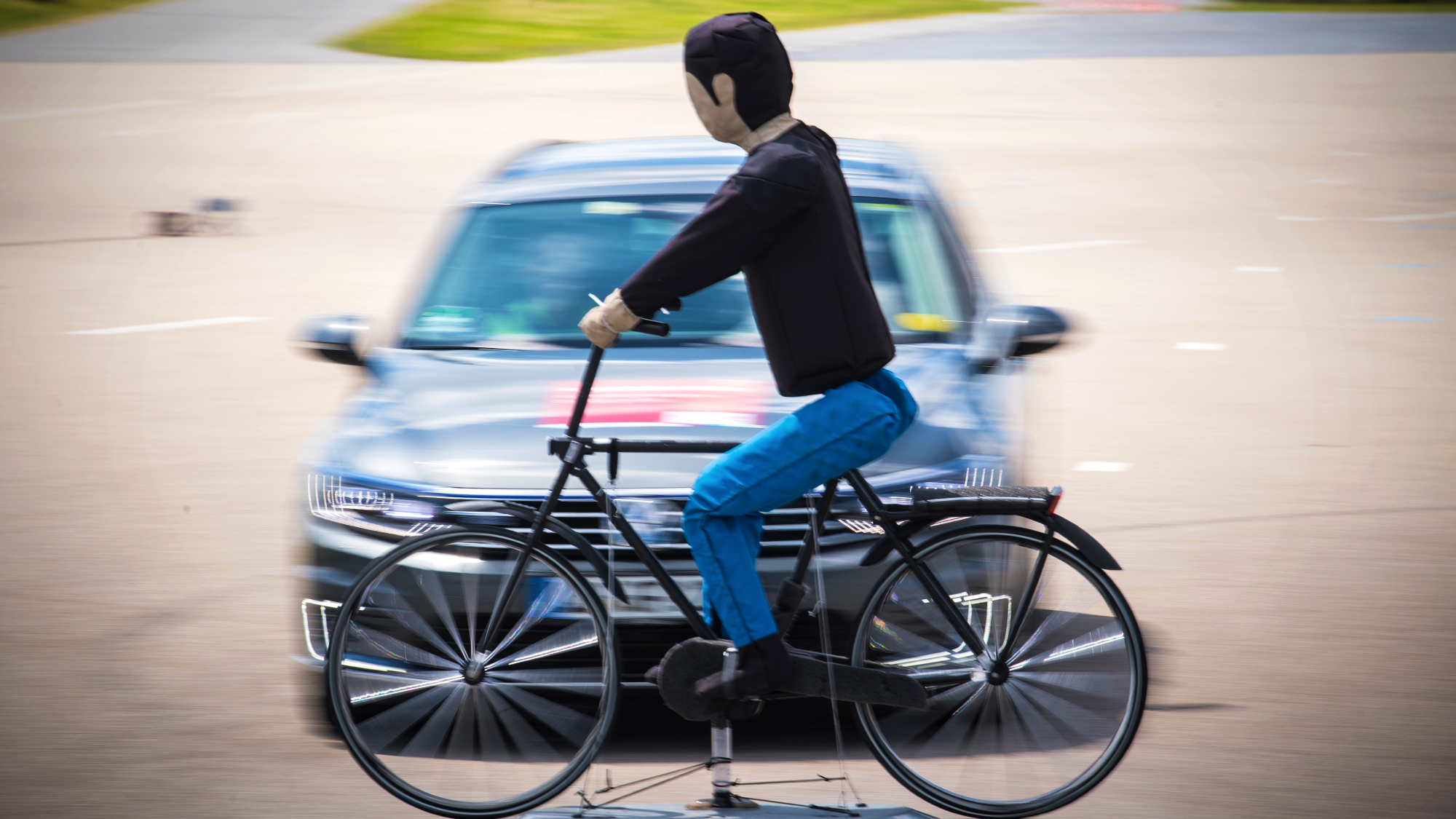 US to require automatic braking on new cars
US to require automatic braking on new carsSpeed Read 'We're living through a crisis in roadway deaths'
-
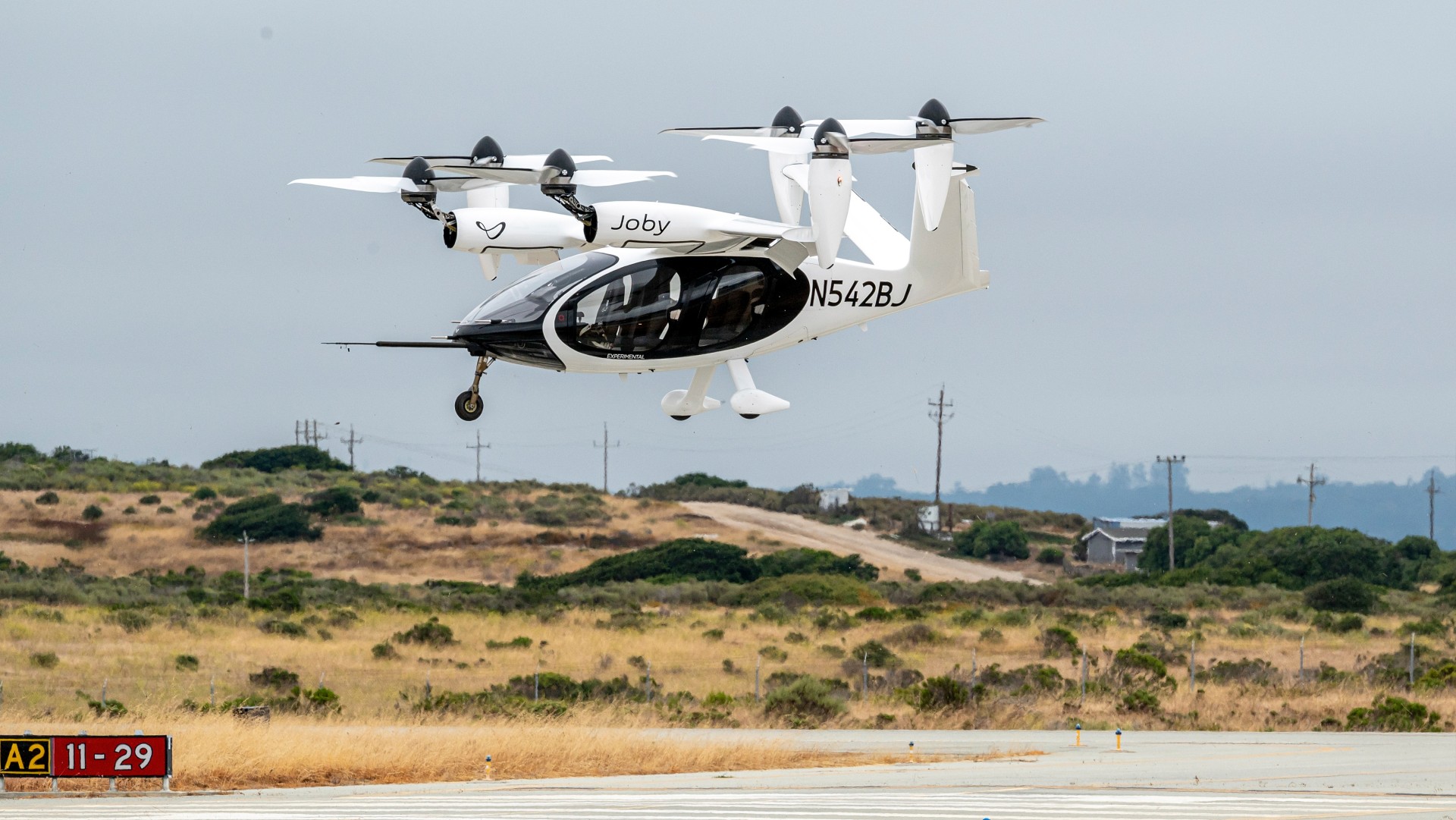 Electric flying taxis: pie in the sky or climate panacea?
Electric flying taxis: pie in the sky or climate panacea?Talking Point Race is on to develop ‘quieter, cheaper and emission-free aircraft’ that can land in city centres
-
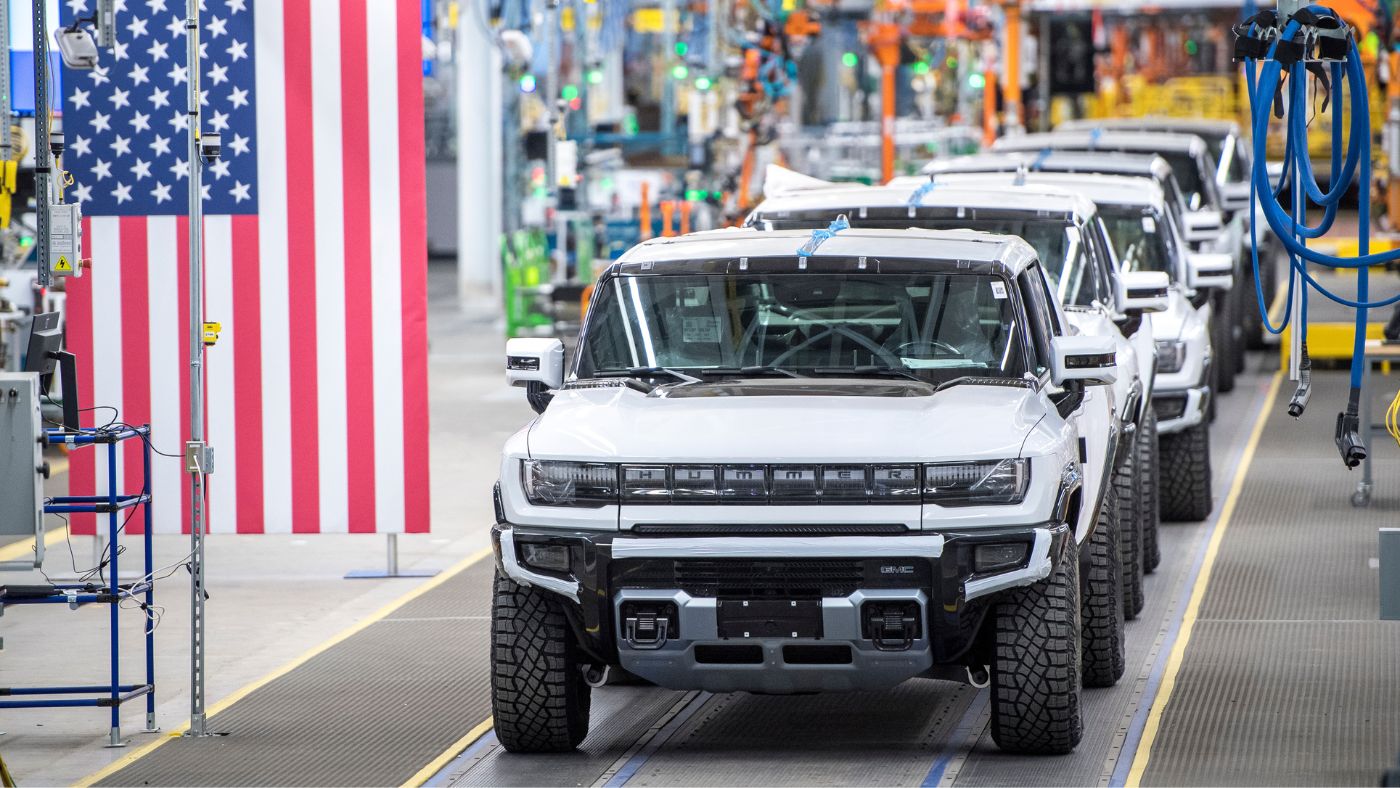 Going electric: the drive to turbocharge a car revolution
Going electric: the drive to turbocharge a car revolutionTalking Point The US EPA has imposed regulations on car makers to increase production of electric vehicles